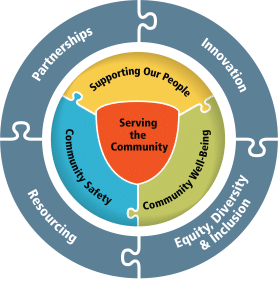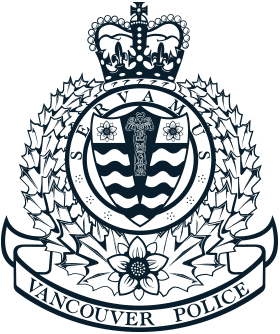
At the heart of our five-year strategic plan is our dedication to community service. Strong relationships and public trust are essential to its success.
Effective community engagement is the foundation for each of our strategic goals. This engagement will allow us to better support our people, who are then better able to respond to crime and public safety issues. People living and working in a thriving and safe community are more likely to trust and work with police to ensure increased safety for all.
Identifying and committing to the goals in this strategic plan is our starting point. Achieving our goals will require support in these four areas:
Resources
Having the necessary staff, facilities, and equipment is vital to deliver effective police service, including increasing officer visibility. We need to keep pace with changes in technology to combat emerging crime trends.
Partnerships
Collaborating with our community and policing partners to tackle local and regional crime issues is essential. Criminals don’t respect geographic boundaries, so regional, national, and even global cooperation between police agencies is needed. People are living with complex issues that require holistic partnerships between police and community agencies to ensure no one falls through a gap.
Innovation
There are tried and true methods of effective policing that stand the test of time, but as society evolves and community needs change, we must include new methods of engagement, communications, and crime-fighting.
Equity, Diversity, and Inclusion
We all require respectful, diverse, and inclusive workplaces and communities. Addressing all forms of bias will better serve community members and further build trusting relationships with Indigenous Peoples and other diverse groups.
Community Consultation
Community engagement starts with asking questions and listening to the answers. When developing this strategic plan, we made every effort to hear from as many community members as possible, while respecting the challenge of COVID-19 restrictions.
A market research firm was hired to survey residents online. In-person surveys were conducted in the Downtown Eastside to receive feedback from people who may not have access to electronic devices.
We asked for input from over 120 external community groups, including other public safety partners, business improvement associations, advocacy groups, and organizations representing diverse members of the community.
The VPD Diversity, Community, and Indigenous Relations Section reached out to over 20 diverse groups representing 2SLGBTQ+, Black, Chinese, Indigenous, Jewish, Muslim, and South Asian communities, among others.
The staff who developed this plan are diverse, work in a wide variety of areas, and have different types of experience. VPD employees were surveyed for their knowledge and input, and representatives from our three unions provided input and participated in the consultation process.
This plan reflects the values of the community and the VPD. It will be adapted over the next five years as public safety priorities or community needs change.
Serving the Community
Building positive relationships and mutual trust contributes to safer communities. People need to feel comfortable interacting with police officers so we can work together to improve safety.
Accountability
- Recognize and acknowledge the historical role and negative impact that the criminal justice system has had on Indigenous Peoples and other diverse groups, and how that can lead to situations and behaviours that result in police contacts
- Although significant strides have been made in building relationships, reconciliation work and efforts to decolonize need to continue
Relationships and trust with diverse communities
- Work to strengthen our relationships and trust with Vancouver’s diverse groups through our dedicated Diversity, Community, and Indigenous Relations Section, as well as through advisory committees and outreach programs
- Recruit officers who reflect the community
- Provide enhanced training in cultural sensitivity and trauma-informed practice
Engaging with and informing the public
- Keep personal safety programs and initiatives a priority to prevent people from becoming victims of crime, including deterring at-risk youth from joining gangs or committing crime
- Continue to use traditional and social media to provide public safety and crime prevention information
Community Safety
Violent crime can be devastating, and there is growing concern about hate-based violence in our community. Incidents related to the gang conflict and ongoing property crime also remain a concern for residents. We are committed to finding innovative solutions, and having a visible presence in the community.
Violent Crime
- Create strategies to prevent and fight all types of violence crime, including using technology to target high-risk violent offenders, child-luring predators, and human traffickers
- Continue to include personal safety workshops in our community outreach
Gang violence
- Continue to collaborate with other agencies and the community to target gang members posing the greatest risk to public safety, using enforcement, investigation, and analysis
Property and cyber crime
- Improve reporting and police response by continuing to work with the community and our partners, using proactive and innovative strategies, including public education campaigns
- Monitor prolific offenders through investigative techniques and accountability measures
Community Well-being
Policing is increasingly complex and the VPD continues to face broader social issues, like mental health incidents, protests, and serious motor vehicle collisions, all of which have a significant impact on public safety and the well-being of the community.
Contributing factors
- Support innovative solutions to social issues as they relate to law enforcement
- Work with other public safety, health, and community partners in a coordinated approach to respond to mental health and substance use issues, sex work, and homelessness
Opioid crisis
- Continue to target drug dealers who have links to organized crime, ongoing gang violence and those who sell tainted products
- Continue to advocate for harm reductions and treatment solutions, such as treatment on demand, safe supply, opioid replacement therapies, and decriminalizing drug possession for personal use within a responsible framework
Street disorder
- Continue to work with the community and our partners to regularly identify and respond to social disorder issues and non-violent crime that affects public safety and quality of life
- Reduce the impact of alcohol and drug use in public settings, address encampments, and mobilize volunteers to prevent and detect crime and disorder in their local communities
- Safely manage the increasing number of high-profile demonstrations in the city
Road safety
- Ongoing road safety campaigns and enforcement efforts will continue to combat unsafe road behaviour, such as distracted driving, speeding, and impaired driving
Supporting our People
Policing is a demanding, high-profile profession, where actions and split-second decisions are highly scrutinized in the public eye. Our sworn officers and civilian professionals are the VPD’s most important and valued resource. They need to be healthy, resilient, well-trained, and supported, as they continue to provide excellent service to the public.
Communication
- Provide effective employee engagement in our internal communications to support and inform our people, and maintain positive employee well-being
- Address misinformation by appropriately providing factual and timely information
Health and wellness
- Recognize that the exposure to difficult and challenging situations and circumstances affects the physical, mental, emotional, and spiritual health and wellness of our staff and their families
- Further include mental resiliency training and an early warning intervention system in our employee health and wellness program, as well as mental health support and trauma debrief sessions with psychologists and peer support teams
- Continue providing on-site fitness facilities and therapists, and periodic medical exams
Equitable, diverse, and inclusive work environments
- Commit to an equitable, diverse, and inclusive work environment — both amongst our staff, as well as with the communities we serve
- Take an active role in challenging bias and address workplace harassment
- Empower people to speak up when they witness barriers to equity and inclusion
Employee growth and development
- Provide equal access to training and other professional staff development opportunities
- Ensure a fair promotional and transfer process


